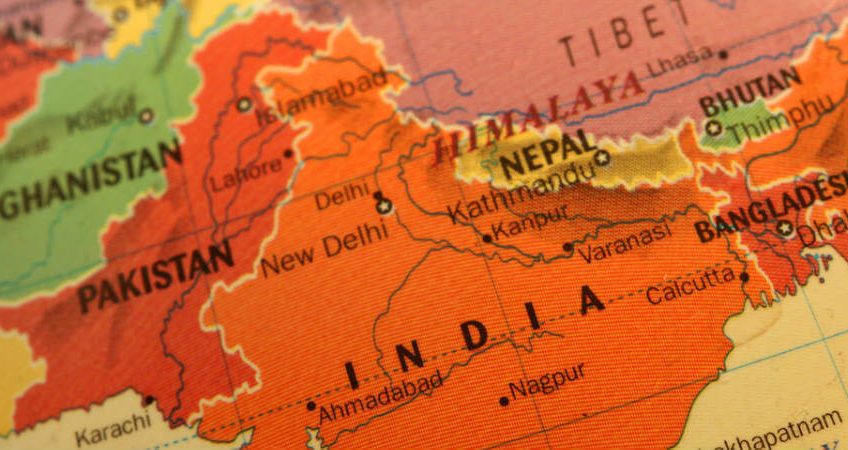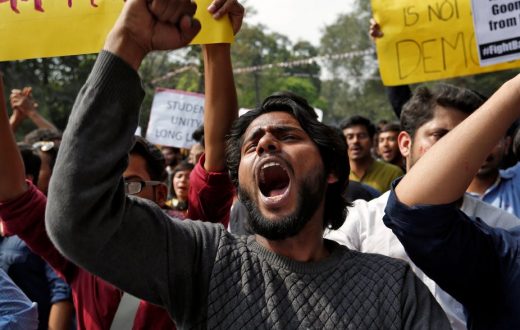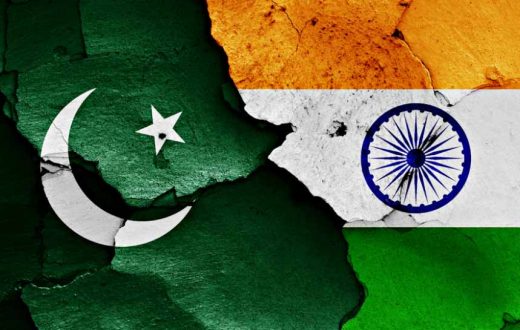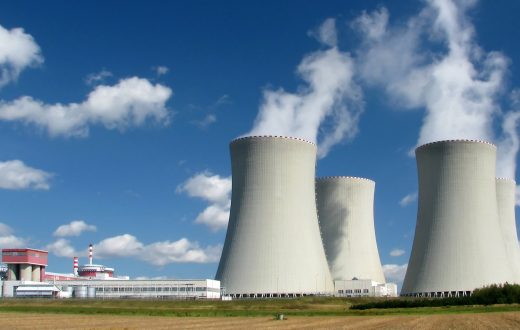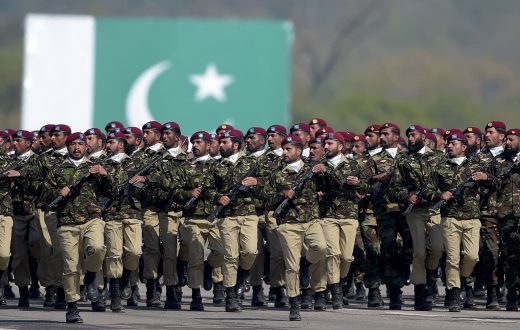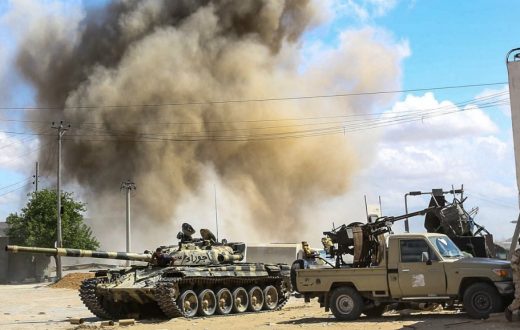In the year 2014, the BJP sat in the Parliament with a un-precedented
thumping majority, while the opposition was whittled down to being
insignificant. The former Chief Minister of Gujarat and now the Prime
Minister of the largest democracy roared from the ramparts of the Red
Fort at Delhi. The genome of Indian politics had undergone a mutation.
Suddenly, Modi made Nehruvian socialism seem too small and tepid.
His words were emphatic and a rational persuasion to the poor, the
despaired and the destitute who now saw the main opposition party-
Congress as a giant octopus slumbering supinely, with overgrown
tentacles spread over a span of 70 years. The puissance of his diction left
the opposition with puckered faces, as he promised the people a war
against black money, corruption, inflation, women’s rights, poverty, un-
employment, farmer friendly schemes- a plethora of promises.
People swayed and even the literate class swooned under the spell. The
idea of a homogenized Hindu Rashtra was ingrained in the psyche of
the people, and it catalyzed Modi’s rise in the new savior avatar; as if he
and only he could save the nation and create a new social order. His
campaign had kick started with the saffronisation of Indian politics, and
by the time he took his oath of allegiance to the Constitution, he had the
whole nation delirious with the fever of hyper-nationalism. The
invincibility of Modi became a cliché.
Rabindranath Tagore, the legendary Nobel laureate considered
nationalism to be a passion without compassion. He even went to the
extent of calling nationalism a crude epidemic of evil. He strongly
believed in the community of a nation, and populist nationalism a threat
to the harmony of the nation.
Soon thereafter, humanity was hurtled in a fit of fury unleashed by the
Hindutva elements throughout India. Rule of law went to the winds as
India was encompassed in violence against women, against minorities-
the Dalits and more specifically the Muslims; venerating the cow and
lynching human beings based on hideous assumptions, parochial biases
and religious prejudices. The insidious indifference of the government
and its machinery jerked the people out of the illusory utopia. The
anatomy of this ‘New Democracy’ now lies exposed and bare, even
though this regime tried its best to humor the ghost framers of the
Constitution and the liberal glitterati of India.
In the political jungle amidst the power tussle polemic petti-foggery has
become the new normal to hoodwink the people. High pitched speeches
reached the crescendos of bigotry; rhetorical sermons of hyper-
nationalism created a sense of false bravado. Crafty discourse and
engineered outlooks impaired rationale, and hence the judgment; only
to leave the common-man who voted for Modi high and dry.
Henchmen, the road soldiers intoxicated by power in their communal
frenzy wounded the pluralistic ethos characteristic of mutual existence.
Well playing the egoist politics of hyper-nationalism, the jingoist media
soldiers landed in the lap of this governing regime wrangling absurd on
the TV shows, thus, strangulating the weak voices of the liberal
dissenters. These media honchos furthermore confused and
camouflaged the ineffectiveness of the government policies, yet extolled
the illusory development. The promised melodramatic ‘good days’ are
yet to arrive even when the term of this government is coming to an end.
The Bhartiya Janta Party is an extremist Hindutva ideologue, and as
such the government has a fixed stand viz a viz the internationally
accepted unresolved territorial dispute of the State of J&K. However,
their ignorance of history and the majoritarian pursuit of power
triggered off a tidal wave of anger in the disputed State. The 2018 will be
remembered as the bloodiest year ever in the history of J&K. The harsh
militaristic policy has however failed to stifle the discontent, or muzzle
the voices seeking resolution of the dispute; rather the State has
descended into the cosmos of chaos. The 14th February suicide bomber
3.
attack on the military convoy at Lethpora, Pulwama was only a
consequence of this prevalent chaos.
Since 2014, Modi government has been consistently building the war
rhetoric against Pakistan, and Lethpora attack provided an opportunity
for the same. We almost went to war had Pakistan not returned the
forbidden fruit-Air Commodore Abhinandan. This regime has no scope
for introspection nor for a peaceful dialogue neither will it accept any
third party arbitration as suggested by Norway and Russia. The logjam
between the people of the state and the government at the centre; then
the simultaneous stalemate between India and Pakistan relations has
banished peace to an obscurity, even though a lull exists. Peace as a
paradigm does not exist.
However, pertinently in the context of the state of J&K whichever
regime comes to power in India, the dispute even if through dialogue
cannot be expected to be resolved to any ending unless all mainstream
political parties at the Centre come to a consensus that it has be resolved
through referendum/plebiscite which in the given scenario appears
improbable. The change of regime implies only softer and harsher
approach in dealing with the issue and not the actual outcome.
On a broader front the anemic policies, moral bankruptcy and narrow
bigotry of this ruling regime have legitimized injustice. And, when a
sense of injustice prevails in the society, the road to ruin opens for that
nation. So, calling the bluff! Modi’s promise of a political nirvana proved
to be a hoax.
New elections to the parliament have ensued. He promised to be a
prophet of change yet Modi’s politics is too trapped in unreason. It has
seethed into the executive organs too: the bureaucracy, the enforcement
agencies and even the judiciary. All efforts of the ruling regime were
directed to build Imperialism with the help of these organs and the
favorite crony-capitalists. The misadventure of war with Pakistan was to
protect its imperialistic designs, and logically to save its fascist face by
selling to the nation the cryptic-currency of emotions.
It is incumbent upon every government to frame policies and operate
from the notional perspective of harmony in relations whether internally
within the State or externally between different States. The power of
superiority over other nations comes not from the heavy devastative
machinery, but from a stronger economy, stable politics and a peaceful
society. Power of the people still exists. Therefore, sovereignty vests in
them and not the head of the State. He or She is merely the trustee of
such an authority entrusted by the people for the well being of the
community-nation. The very idea of India as an imperialist nation is a
farce. The sub-continent needs a liberal India and a politically stable
Pakistan; an adjuvant patron China and a progressive Afghanistan. I am
sure the respective leaders can make it happen. India chose wisely!
While the keys to PEACE lie in the hands of the people of these nations.
Let the floodgates open and let harmony usher in.

